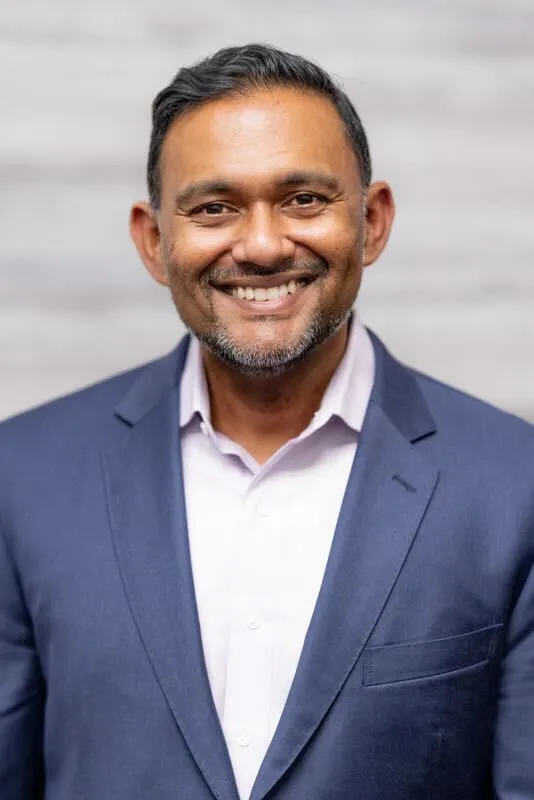Dive Brief:
- Grammarly, a provider of AI-enabled software that assists with grammar checks and other features to improve writing, appointed Navam Welihinda as its new CFO, according to a Tuesday release. Welihinda, who most recently served as CFO of the software company HashiCorp — where he led the company’s 2021 initial public offering — succeeds Stu West, who now serves as a company advisor, the company said.
- The San Francisco-based company also appointed Mark Schaaf as its chief technology officer. Schaaf previously served as CTO for Instacart, where he also logged IPO experience by constructing the grocery delivery company’s technical foundation ahead of its 2023 public offering. In his new role, Schaaf will oversee Grammarly’s global engineering organization, and increase the development of new AI-enabled features, the company said. He succeeds former CTO Joe Xavier, who is now also serving as a company advisor, the company said.
- The company doesn’t have any “immediate plans” for an IPO, but is “at a size and scale that most companies rarely reach, and we need experienced leaders who can scale an already sizable, high-growth company,” a company spokesperson said in an email response to CFO Dive. “Both Mark and Navam have successful track records leading companies through transformative periods.”
Dive Insight:
While the company denied any imminent IPO plans, the hiring of Schaaf and Welihinda as well as a recent Grammarly job posting suggest the company is moving in that direction, Shawn Cole, president of the executive search firm Cowen Partners, said in an email response to questions.
“They are preparing for an IPO, but not anytime soon, in my opinion,” Cole said. Among the most telling indicators that an IPO scenario may be in Grammarly’s future is a job posting seeking applicants for an assistant controller position at the company, Cole said.

The responsibilities listed for the role include: creating a “roadmap for Grammarly’s IPO readiness” and assisting in “implementing SOX controls and procedures, gearing toward an IPO” and leading the company through an annual external audit with a Big Four firm. The Big Four reference signals working with the Securities and Exchange Commission, as “the only financial reporting you’re doing at [a Big Four] is SEC [reporting],” Cole said.
Grammarly was founded in 2009 by Max Lytvyn, Alex Shevchenko and Dima Lider in Ukraine and still has operations there, according to the company’s spokesperson and website. The co-founders, who had previously built a product to keep plagiarism out of students’ writing, launched the subscription-based writing assistant tool early on, which mostly focused on helping correct grammatical errors, according to a 2022 blog post by Lytvyn.
The company has expanded its offerings and reach over the years to new users and platforms, such as Grammarly Business, while also providing help beyond grammar with consistency, readability and tone, Lytvyn wrote. It is now used by 30 million people and 70,000 teams and by such companies as Atlassian and Zoom, the company said in its Tuesday release.
Still, it faces some headwinds. In a June blog post Grammarly CEO Rahul Roy-Chowdhury acknowledged chatter about perceived threats to its business in the AI era, asserting that “recent reports of our death have been greatly exaggerated” and that the company was thriving.
“While Google, Microsoft, and most recently Apple focus on enhancing their own ecosystems with AI, Grammarly will be right there (like we’ve always been) wherever you need to communicate,” he wrote. “Only Grammarly has the linguistic expertise, technology, and historical context to deliver the next generation of AI communication assistance. The increasing number of players in this space means the best minds in technology have taken notice of the arena where Grammarly has long been a standout.”
Asked to provide additional information on any potential long-term plans for an IPO the spokersperson declined to comment further, adding that the company is “focused on delivering value to our customers, executing a robust product roadmap centered on AI, and scaling our business operations.”












